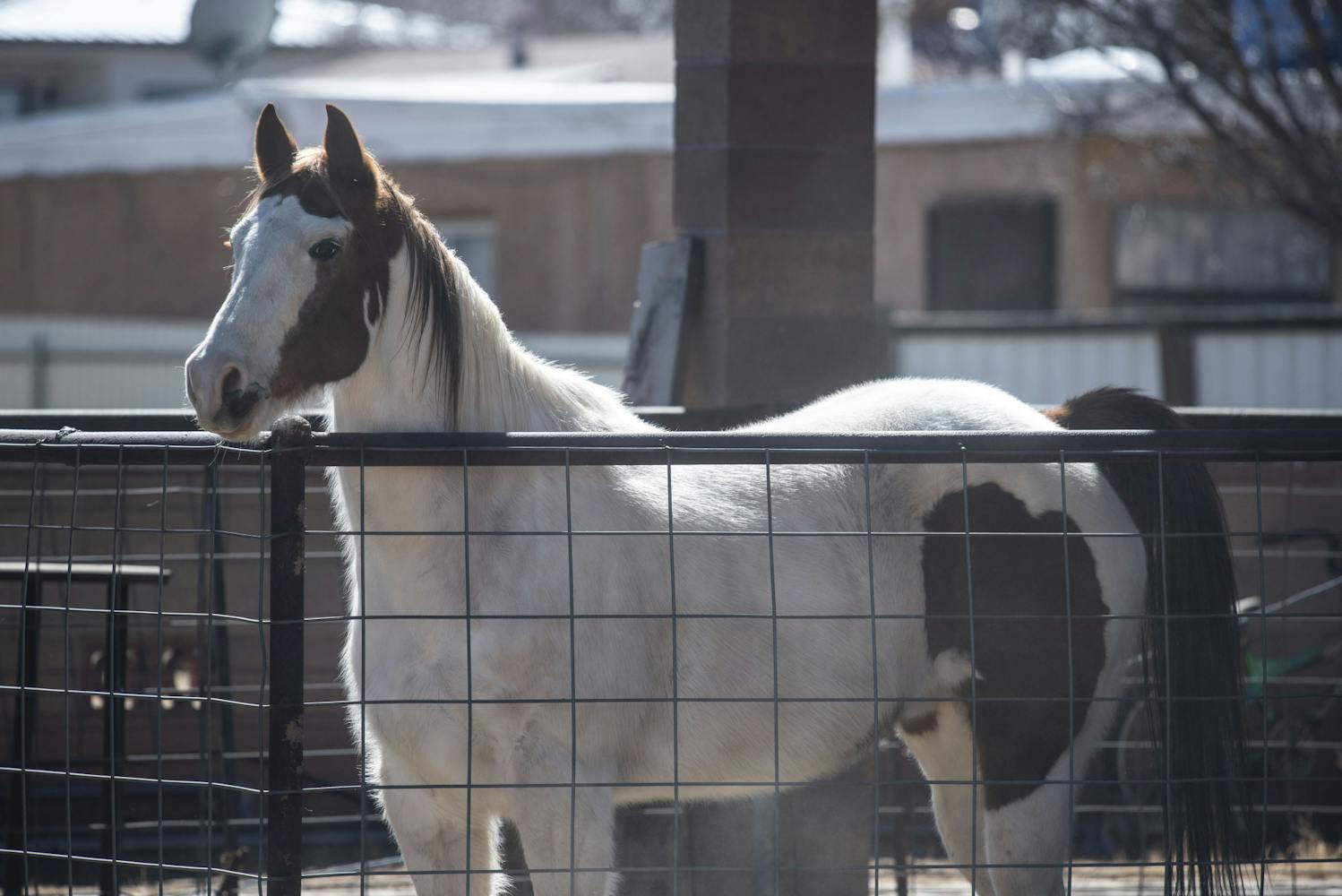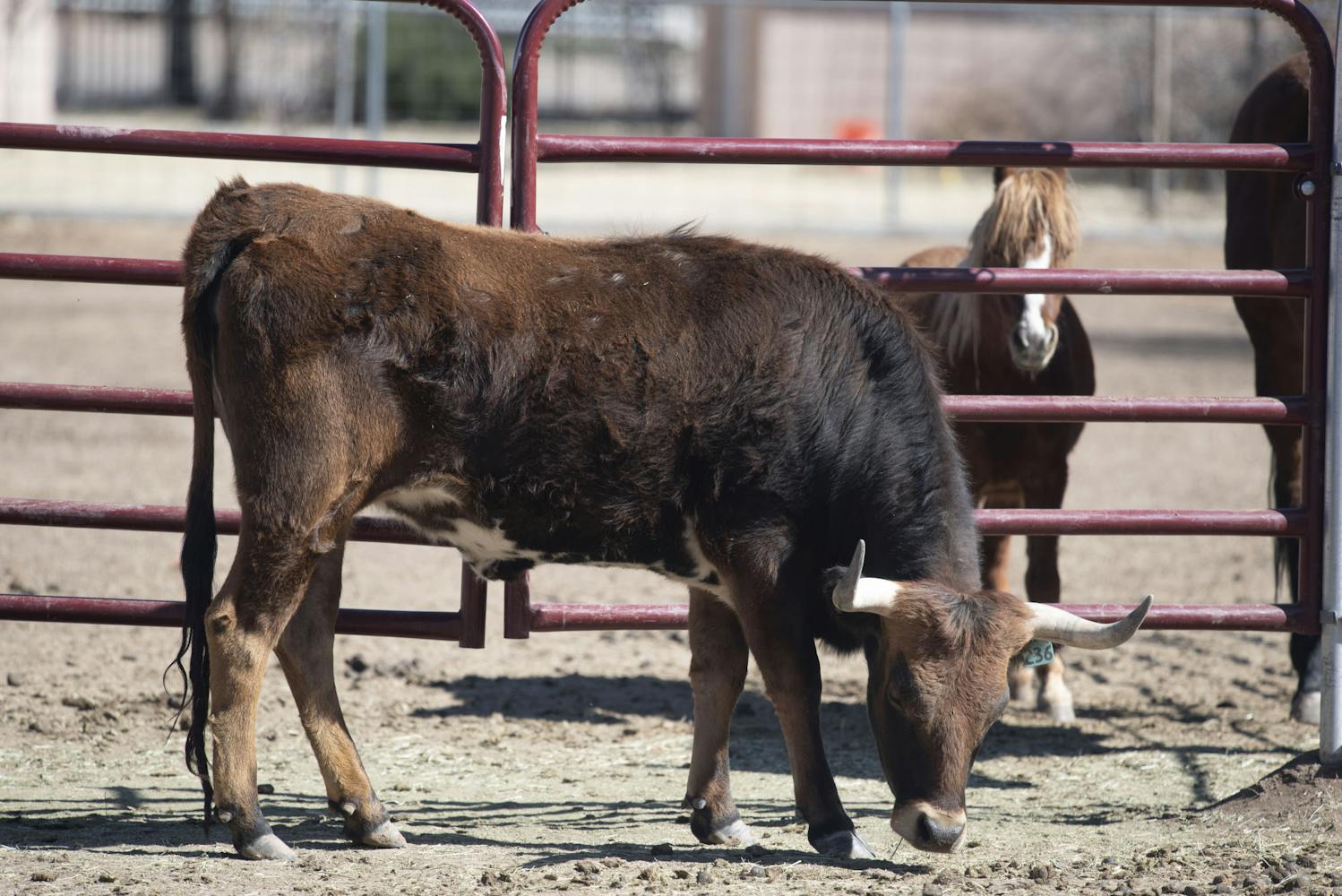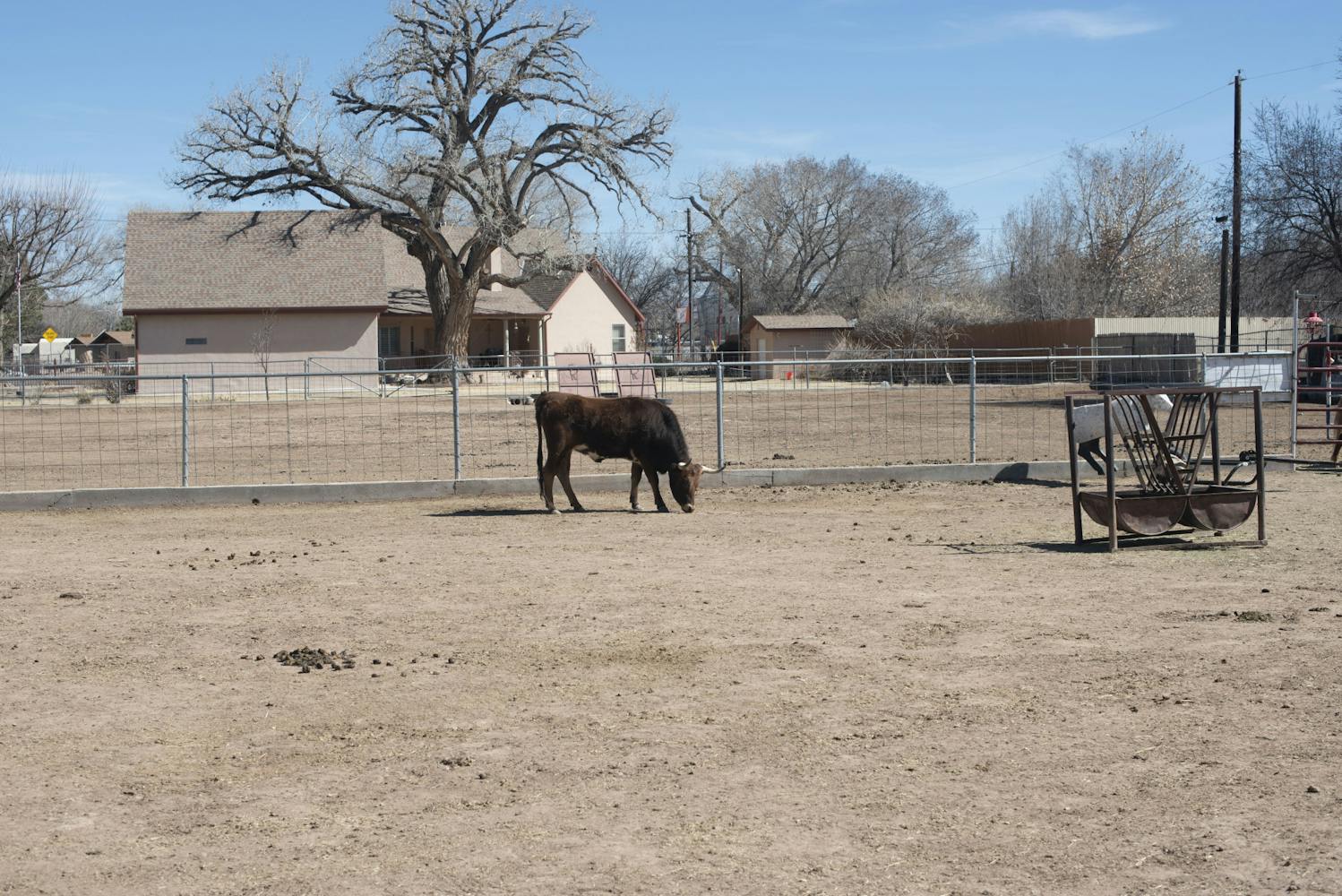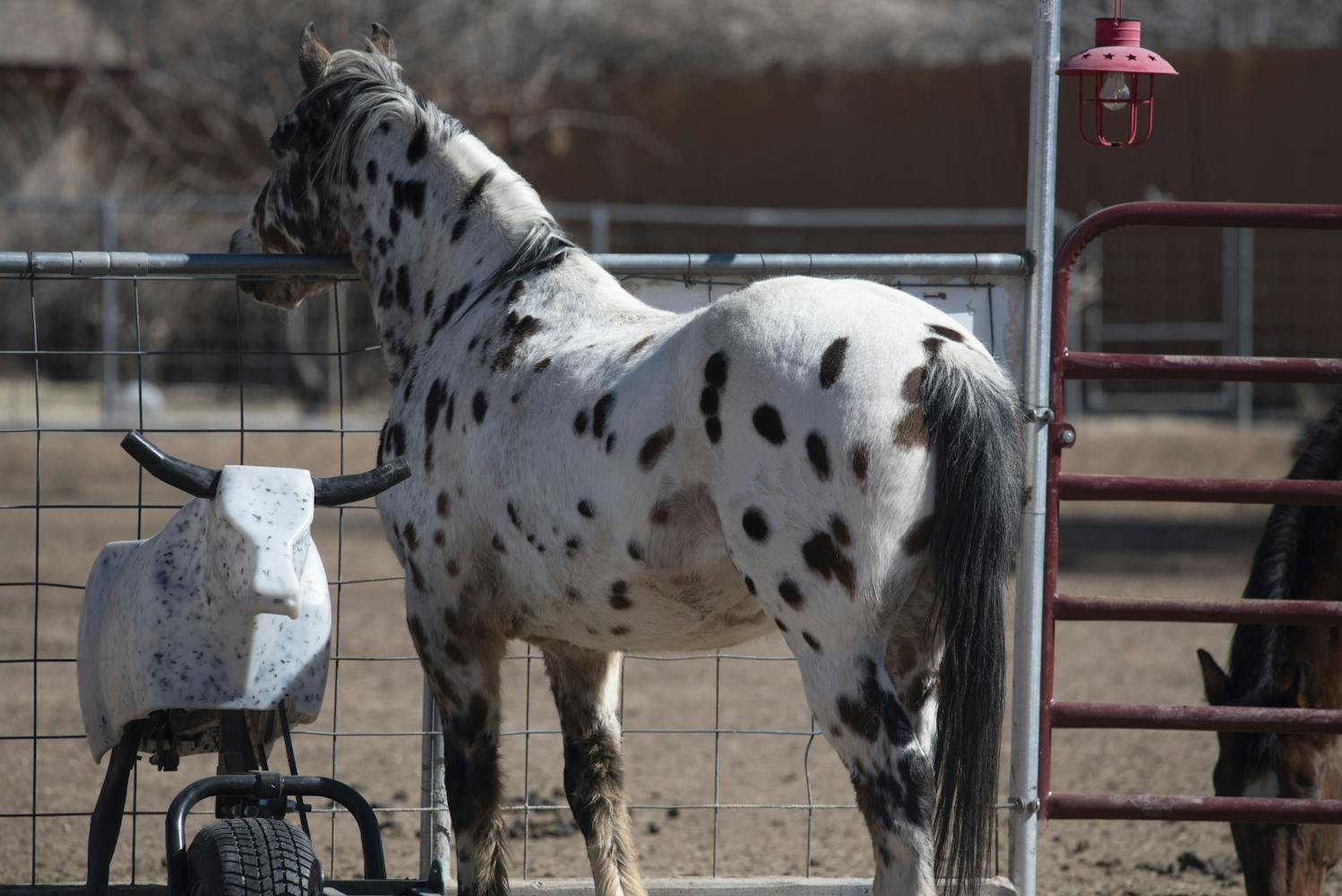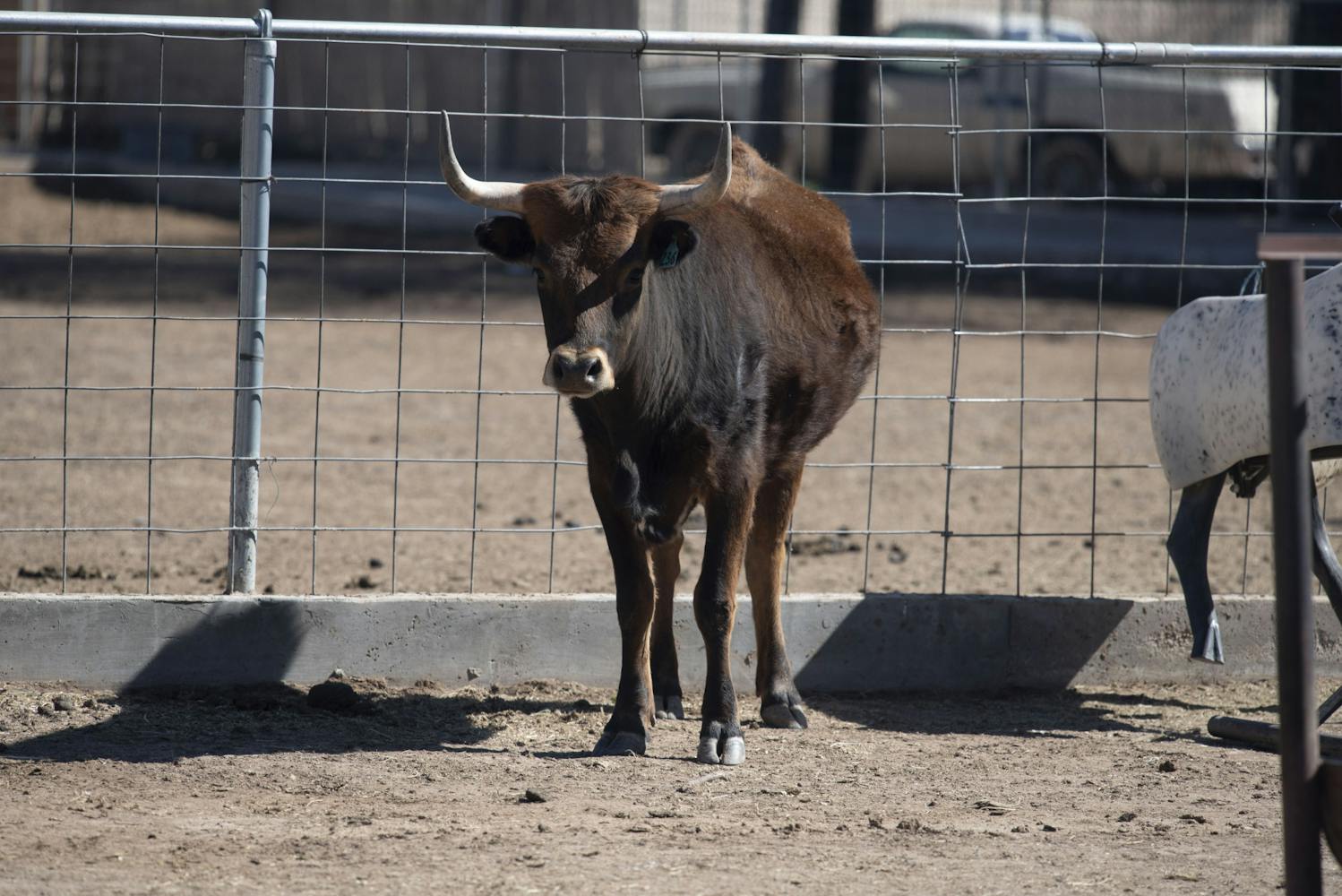The rodeo: the quintessential showcase for cowboys and cowgirls. Anyone can be a cowboy, but the rodeo hasn’t always been considered an inclusive space for Black Americans.
The search results for “famous cowboys” include names like Billy the Kid, Jesse James, or Buffalo Bill. The similarity between these individuals is that they’re all white. Bill Pickett, also known as the Dusky Demon, is among a group of Black cowboys often forgotten.
Born in 1870, Pickett was a Black cowboy who introduced bulldogging, or steer wrestling, to the modern rodeo, according to Britannica. Today, most rodeos in the United States and across the world showcase this event. Pickett was one of the first Black cowboys to break into the traditionally white space of the western rodeo.
The Bill Pickett Invitational Rodeo (BPIR), headed by CEO Valeria Howard-Cunningham, was founded by her late husband Lu Vason in 1984 as a tribute to Black cowboys and cowgirls and to honor their contributions to the west while keeping the name and legacy of Bill Pickett alive.
Vason started the BPIR after realizing there wasn’t Black representation in rodeo and wanted to create something his community could come together over and share, Howard-Cunningham said.
“(Vason) went to see a rodeo called 'Cheyenne Frontier Days,' which is the granddaddy of rodeo,” Howard-Cunningham said. “When he was there, he realized he wasn’t seeing anybody that looked like him ... He decided he was going to put together a Black rodeo association.”
After some research, Vason discovered that Pickett was widely unknown in the Black cowboy community and made it his mission to change that.
“(Vason) came across Bill Pickett and nobody knew who Bill Pickett was, and he thought this was the perfect time for us to create this rodeo named after Bill Pickett so that people would understand who he was and what he contributed,” Howard-Cunningham said.
This year, the BPIR is celebrating its 40th anniversary. It has toured across the United States, sharing the Black rodeo community with America.
“We have traveled to 33 cities across the United States educating people about the roles of Black (Americans) in the development of the west and also showcasing the skills of Black cowboys and cowgirls,” Howard-Cunningham said.
Taylor White is the current New Mexico State Fair Queen, and University of New Mexico psychology and media communications student. Growing up in rodeo and agriculture, White said that she didn’t see a lot of Black people involved in rodeo, making it intimidating to get involved in the sport.
“When I first started rodeoing, I never saw Black individuals or any other culture besides, you know, typically white, and it was really offsetting and off-putting. I was really scared to get into this,” White said.
Get content from The Daily Lobo delivered to your inbox
As a rodeo queen, White prides herself on sharing her passion for rodeo with those who may not be familiar with it. She said she wants to use it as an opportunity to educate the community on agriculture and the sport of rodeo itself.
The BPIR works to create an environment and safe space for Black cowboys and cowgirls. White said she admires the work the association does and hopes to someday get involved with it. For now, she works to share her love for rodeo here in New Mexico and across the southwest, continuously proving that she belongs.
“It’s nice to see that they’ve (BPIR) created a space specifically for Black individuals to get involved in this (rodeo) and to prove themselves to others … it’s sad to say you have to prove yourself in this world just because the color of your skin is different,” White said.
The association will continue to create a foundation for future generations of Black cowboys and cowgirls to showcase and grow their skills as well as their passion for rodeo, Howard-Cunningham said.
“Even today, there are people who don’t know that there are Black cowboys and Black cowgirls because you don’t see them on television or in the history books … like everything else in life, we’ve left things out of the history books,” Howard-Cunningham said.
Being Black and being a rodeo queen has allowed White to share her intertwined identities. She hopes her work and dedication will help involve those who may not typically think they’d fit in at a rodeo.
“By being Black in this community and also by being a rodeo queen, I’d like to think that I’ve inspired a lot of other cultures or individuals that aren’t particularly involved in this to get involved in this,” White said.
Francesca Cicconetti is a beat reporter at the Daily Lobo. She can be reached at sports@dailylobo.com or on Twitter @fran_cicconetti.
Francesca Cicconetti is a freelance reporter at the Daily Lobo. She can be reached on Twitter @fran_cicconetti


